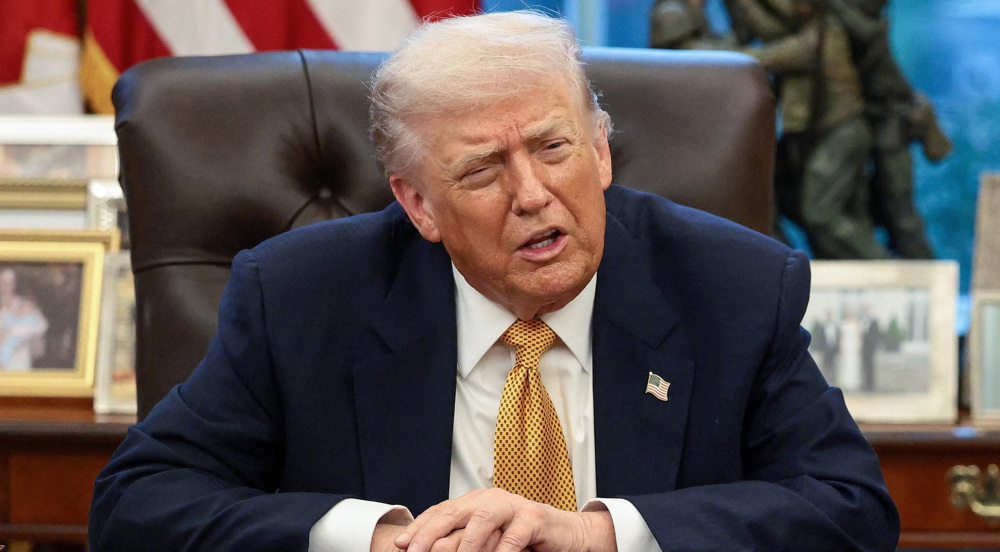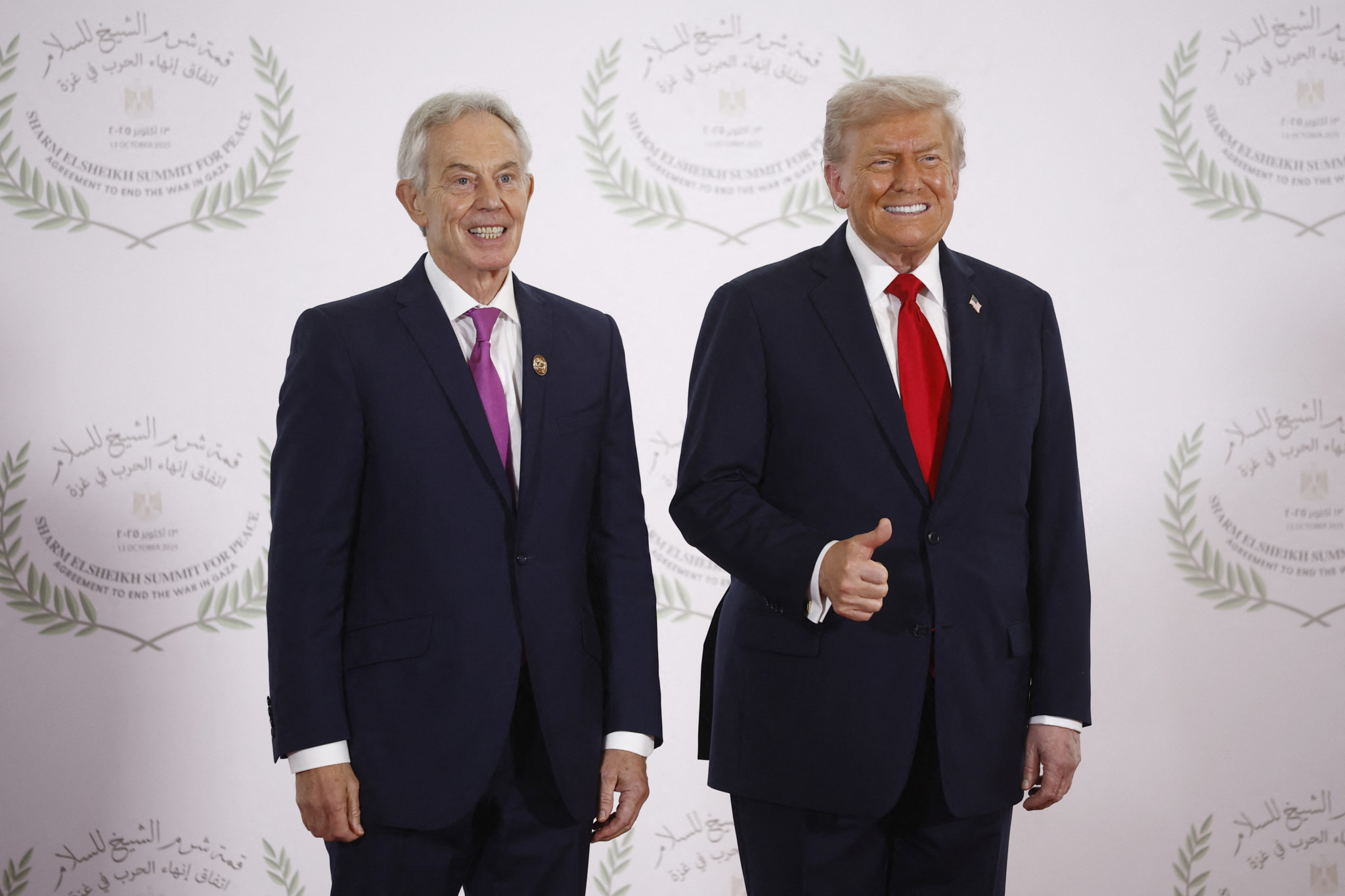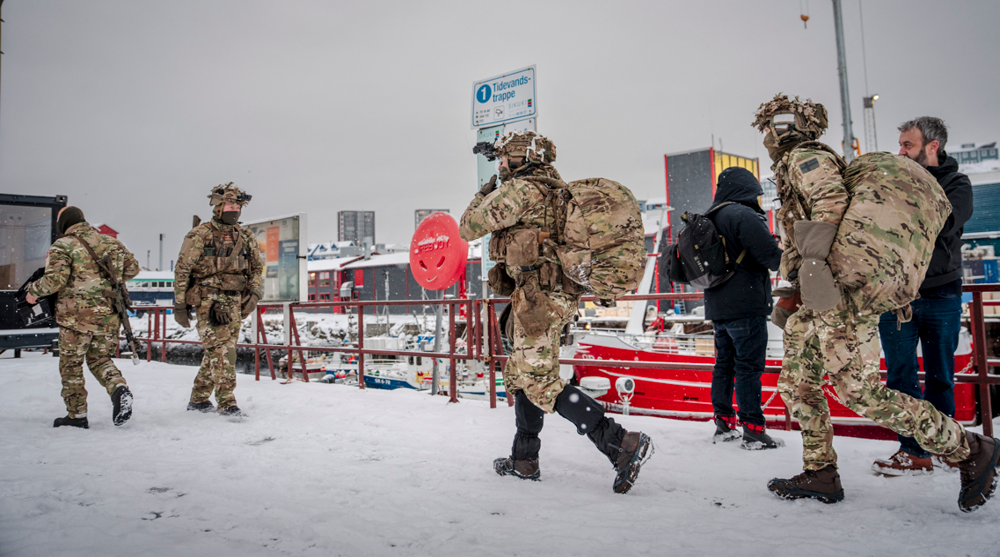Nuclear tensions between US, Russia reach 'dangerous' point: Experts
US-Russian relations have slipped to their lowest point since the end of the Cold War, with tensions now spilling over to nuclear pacts and each side accusing the other of cheating, experts say.
"I would have to say that, without question, this is the low point in US-Russian relations since the end of the Cold War," Steven Pifer, an arms control expert at the Brookings Institution, told NPR.
The relationship took a turn for the worse two years ago with the conflict in Ukraine and slid lower last year with Russia’s air campaign in Syria, noted Pifer, a former US ambassador to Ukraine.
This year, tensions have continued to mount with Russian and US aircraft buzzing each other over the Baltic and Washington accusing Moscow of trying to interfere in the US presidential elections, he added.
Bickering over nuclear issues has also increased markedly in recent months.
Early this month, Russia moved a battery of nuclear-capable missile launchers within range of three Baltic states, in what US officials said was a gesture to express displeasure with NATO.

In late October, Russia unveiled images of a new intercontinental ballistic missile dubbed the Satan 2, which, it says, can carry up to 15 separate warheads powerful enough to destroy an area the size of Texas.
The US, in September, flew three long-range nuclear bombers over Eastern Europe to participate in NATO military exercises.
These developments have worried nuclear arms experts.
"We are in a dangerous situation," Hans Kristensen, director of the Nuclear Information Project at the Federation of American Scientists, told NPR. "Certainly a situation that is much more dire or tense than it was 10 years ago."
In 1987, four years before the Soviet Union collapsed, Washington and Moscow signed a long-negotiated treaty – known as the Intermediate Range Nuclear Forces Treaty - to eliminate their arsenals of nuclear and conventional ground-launched ballistic and cruise missiles with ranges of 500 to 5,500 kilometers.
"Since May 2013, the Obama administration has repeatedly raised concerns with Russia regarding its lack of compliance with the INF Treaty," a senior administration official told NPR on condition of anonymity.
The official said Washington has called for a rare meeting of the treaty’s Special Verification Commission "in the coming weeks" to try to resolve the matter.
"I actually think this is a good step," Pifer said of the decision.
The US claims that an intermediate-range missile being developed by Russia is not in line with the INF Treaty and wants clarification from Moscow.
"What the administration has said is that they provided enough information to the Russians so that the Russians could identify the missile in question. The Russians thus far have said no, they haven't got enough information, so you're in that kind of war of words," Pifer added.

The war of words further escalated in early October when Russian President Vladimir Putin announced the suspension of a Cold War deal with the US to dispose of weapons-grade plutonium.
"That, I believe, was a little bit of a poke at President Obama, who attaches a lot of importance to the nuclear nonproliferation agenda," Pifer said.
Tensions are bound to mount even further over the next few months as the US and its NATO allies prepare to move thousands of troops as well as heavy military equipment to countries along and near Russia's border, namely Estonia, Latvia and Lithuania.

"This is a gradual sort of escalation of tensions between the two sides that goes beyond discourse and just disagreements over a treaty," Kristensen said. "It's getting pretty deep now."
The rising tensions between the two nuclear powers have other experts worried.
“We could head into a nuclear conflict which would devastate humanity,” American writer and retired professor James Petras told Press TV earlier this month.
“We need to move away from this saber-rattling from Washington into a position that could come to terms with peaceful co-existence, but I don’t see that on the horizon in present or the near future with either Hillary Clinton or Donald Trump as presidential candidates,” he said.
VIDEO | Fighting British state
Pezeshkian calls recent riots in Iran part of ‘failed’ US-Israeli war
VIDEO | Iran unity nullifies sedition
UK ‘preemptively’ discharges pro-Palestine hunger strikers recovering in hospital
US dollar falls in Iran amid rising export currency supply
Trump’s ‘Board of Peace’ for Gaza an extension of Israeli occupation: Ex-UN rights chief
IMF expects Iran’s economy to grow by 1.1% in 2026
Over 9,350 Palestinians held in Israeli prisons as of early January: Rights groups










 This makes it easy to access the Press TV website
This makes it easy to access the Press TV website